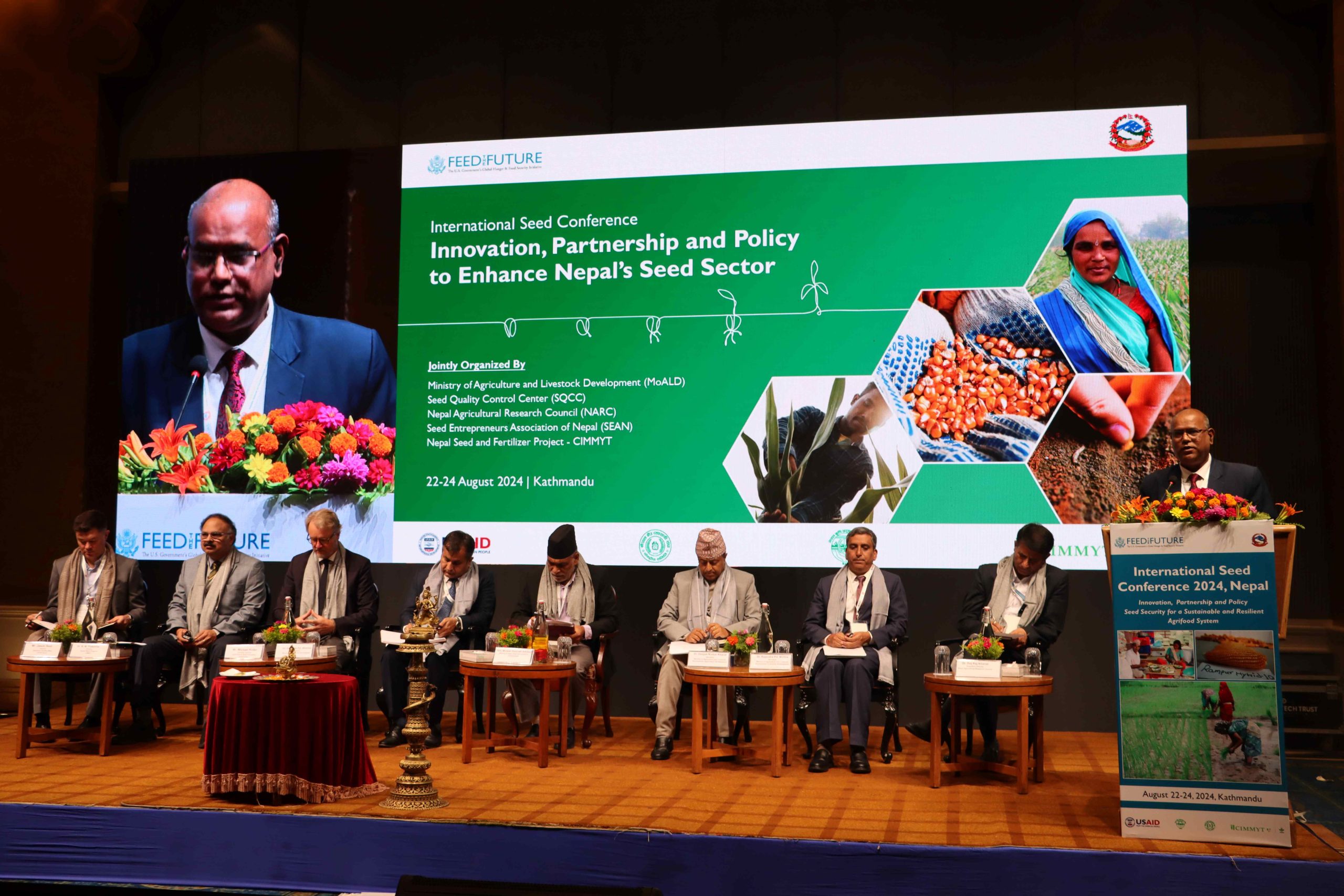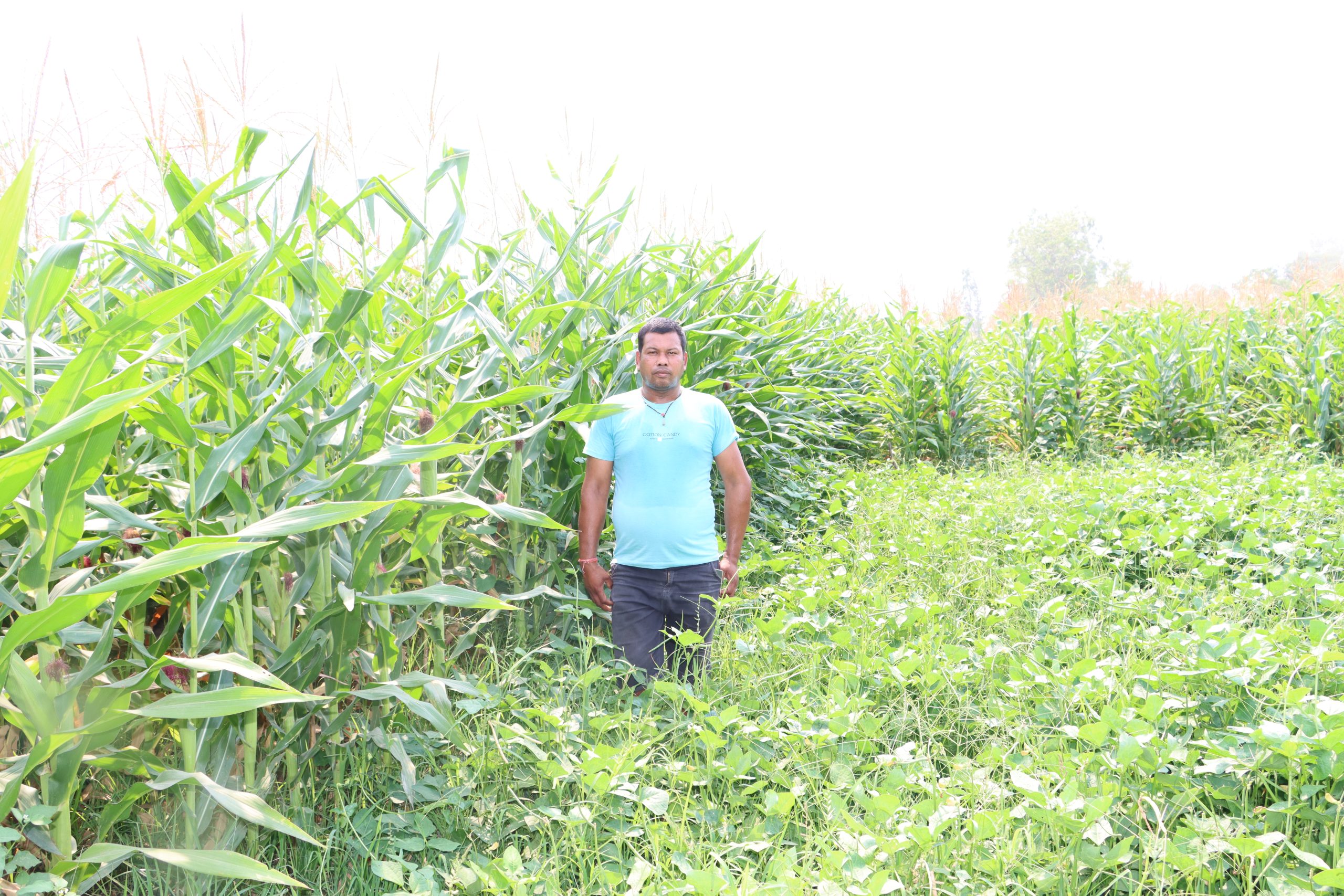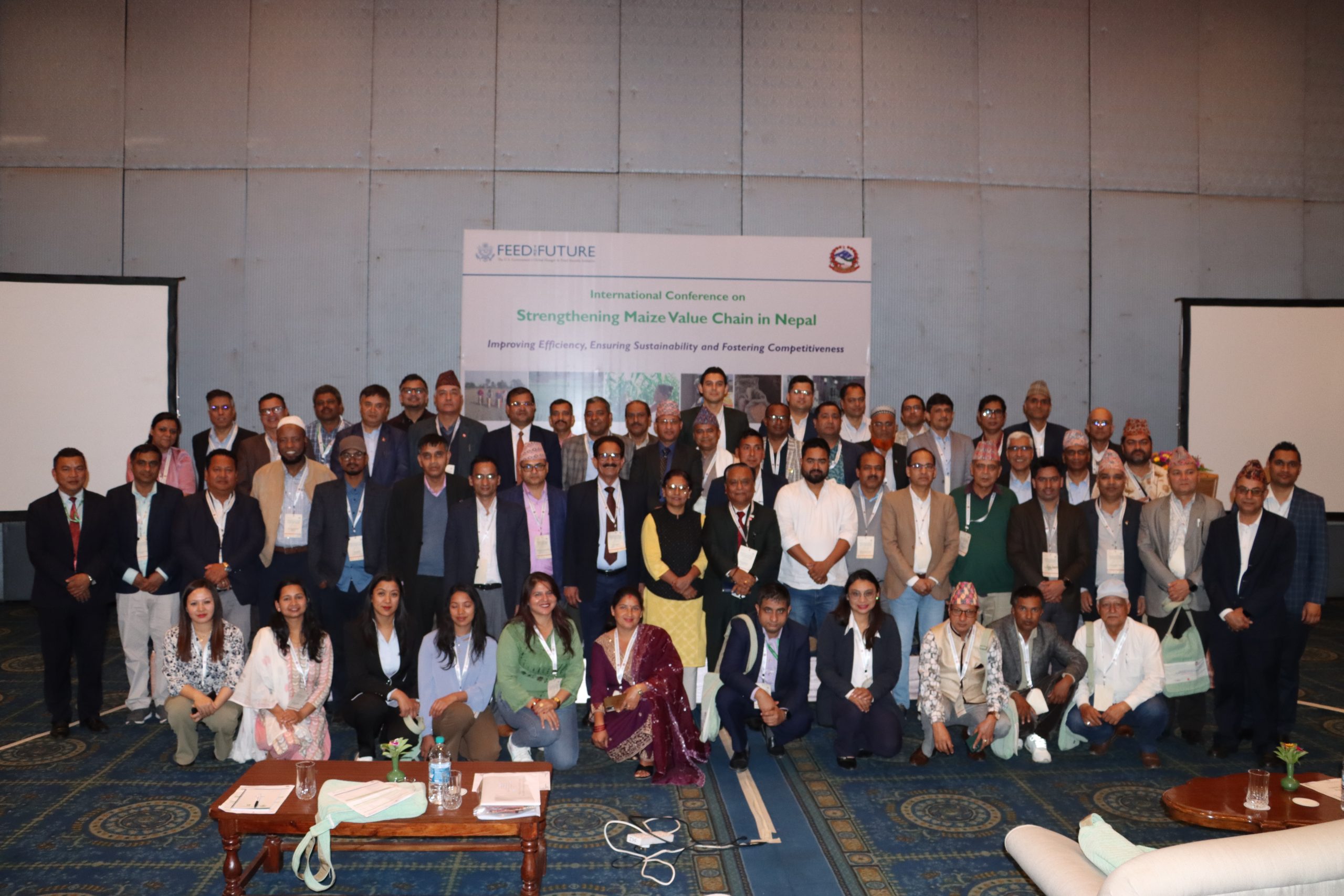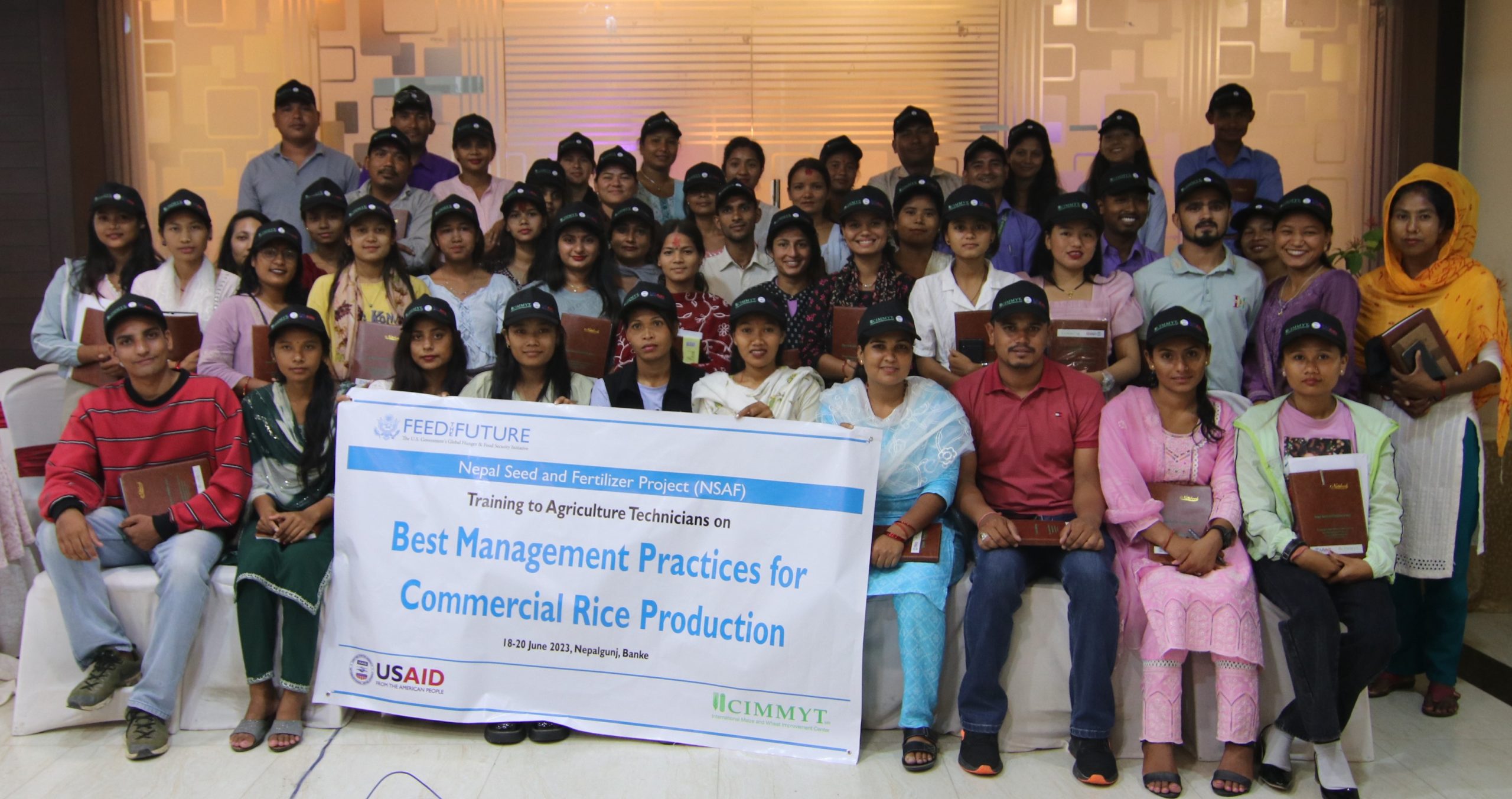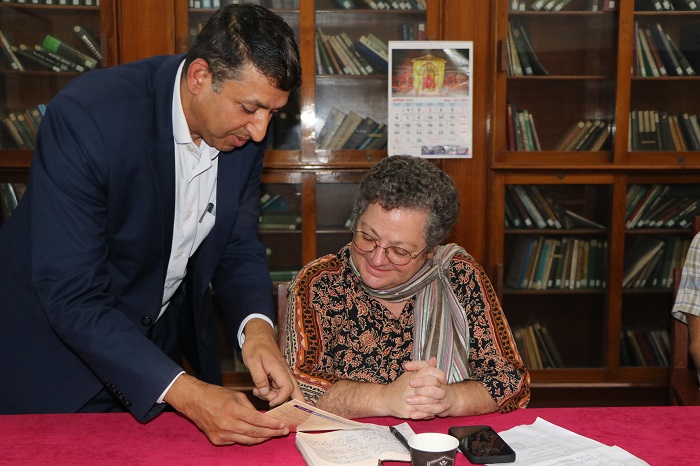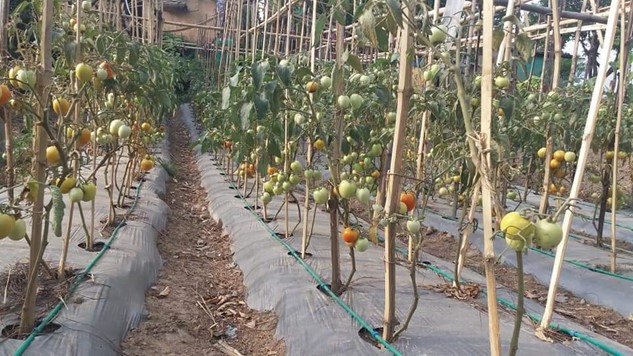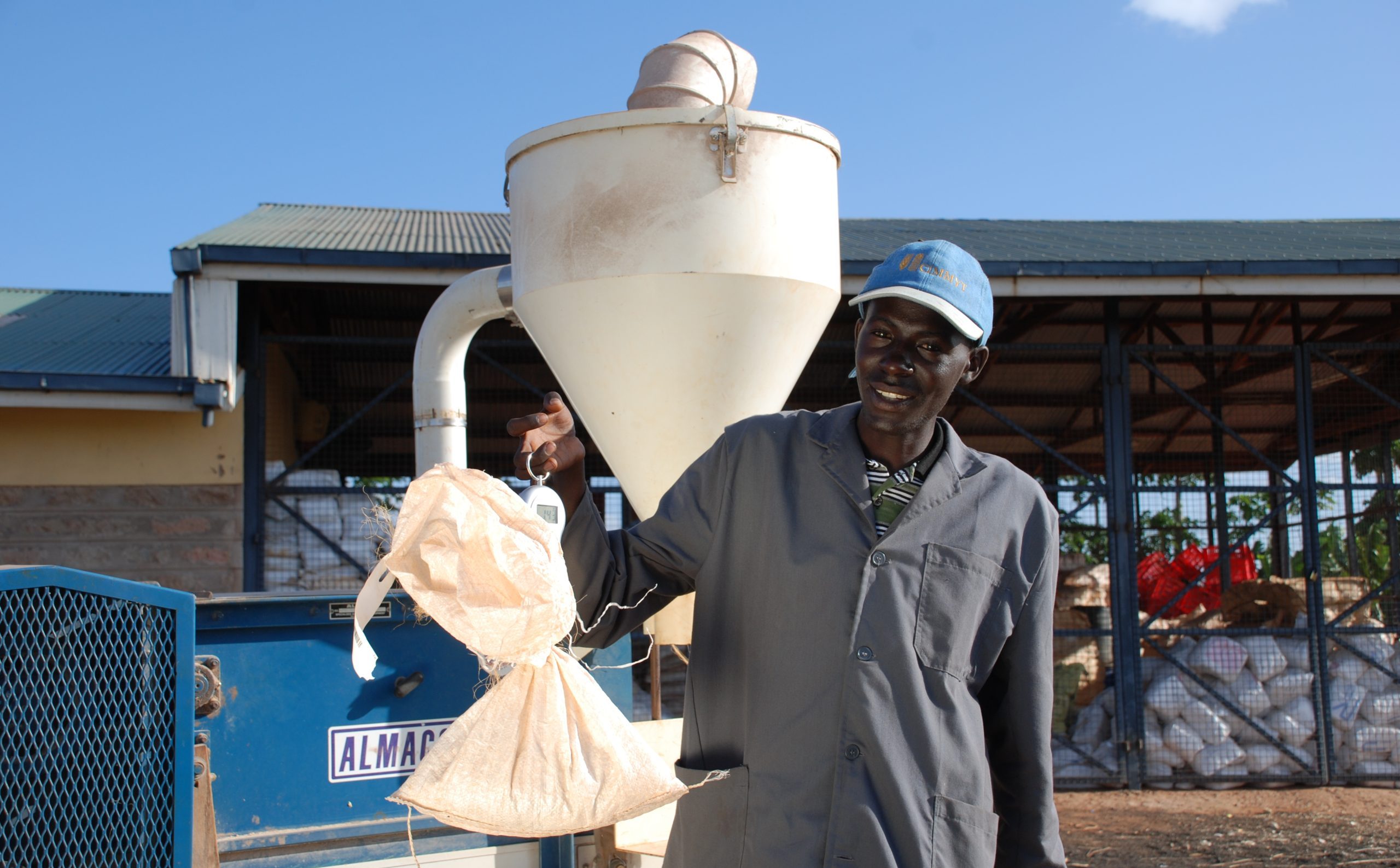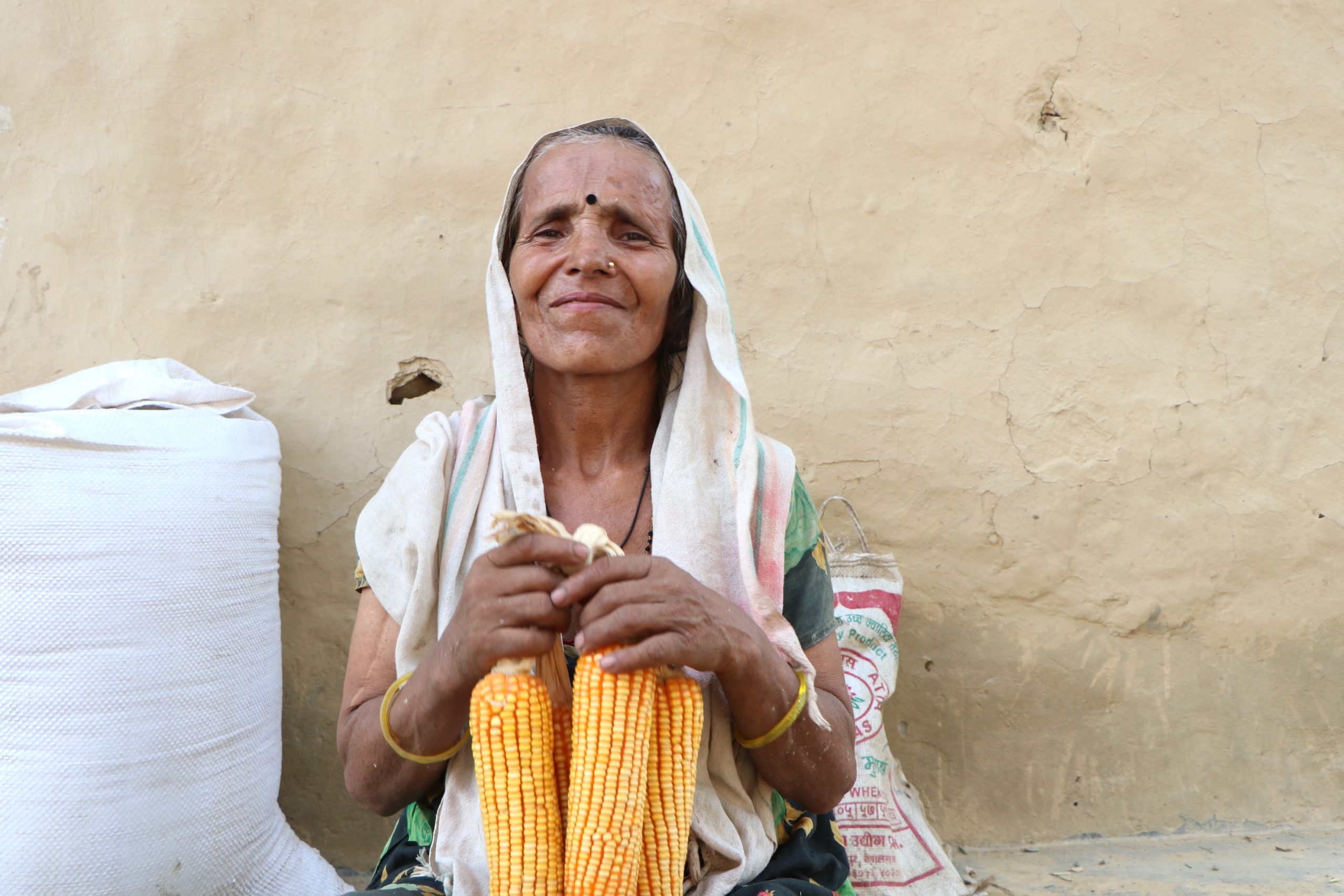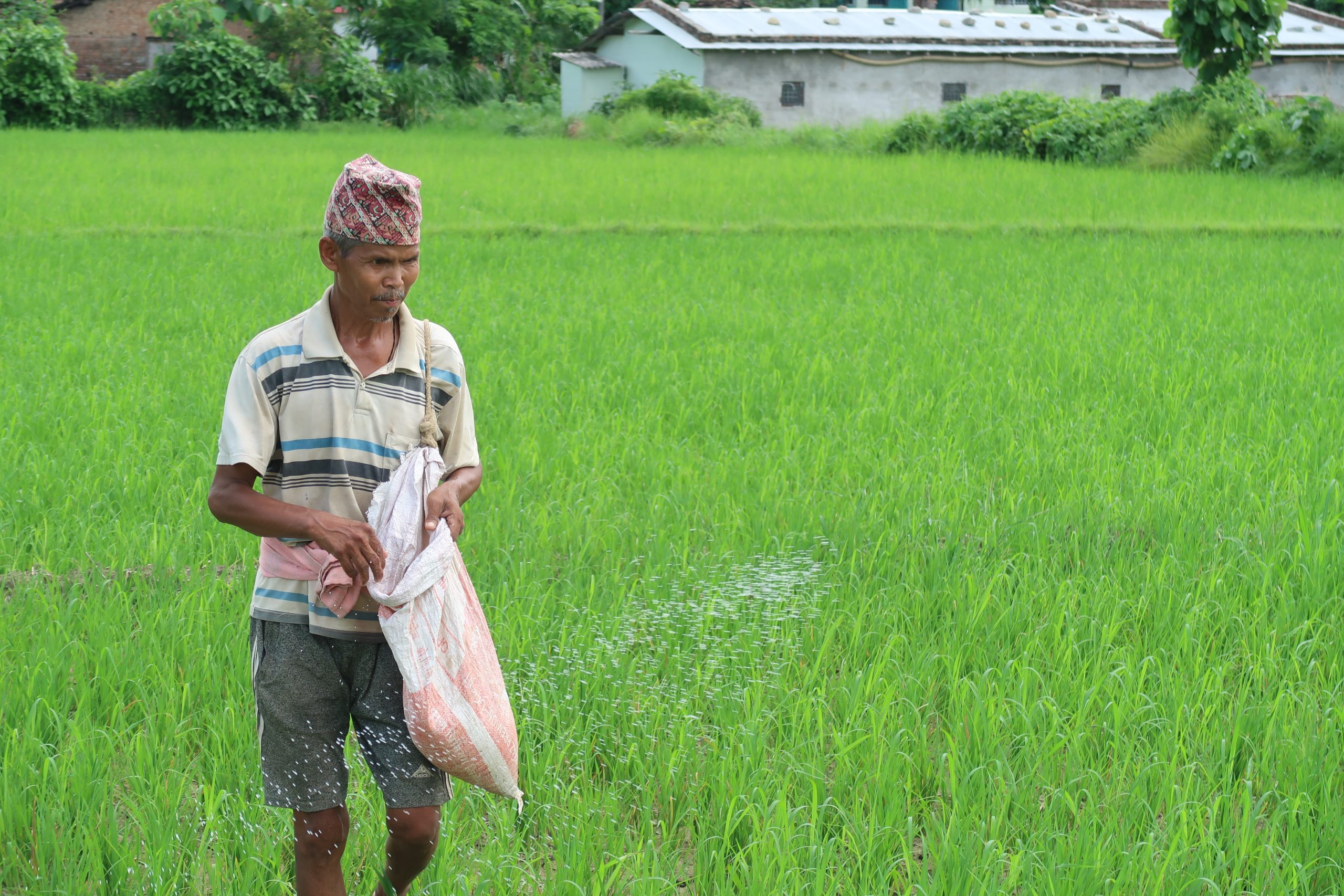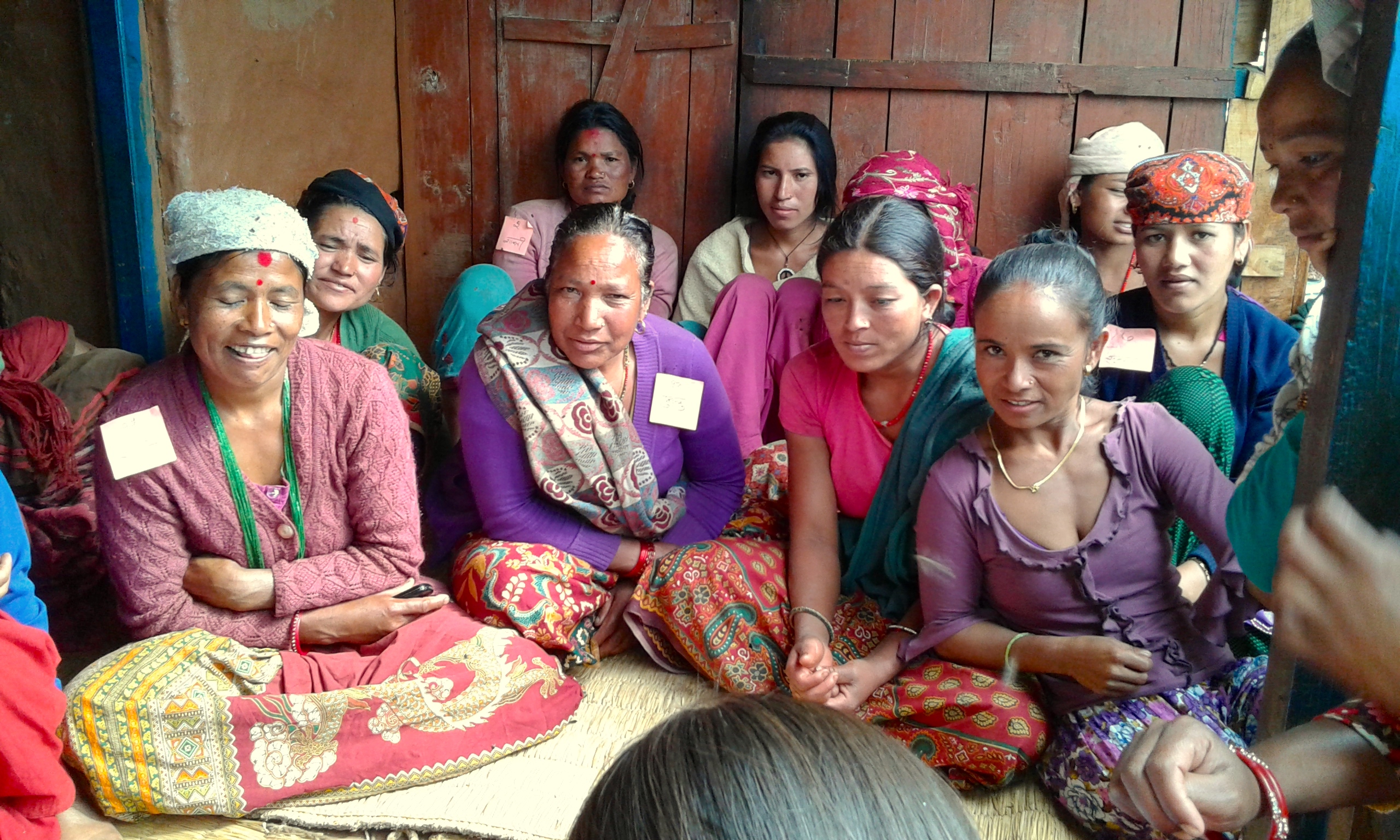Dyutiman Choudhary is a Project Coordinator with the Nepal Seed and Fertilizer (NSAF) project.
- People >
- Dyutiman Choudhary
Related stories
Positioning Nepal as a future seed production hub in South Asia
 Capacity development
Capacity development
An international seed conference co-organized by CIMMYT in Nepal paved the way for seed business and investment opportunities, tapping into the country’s ideal agro-ecological conditions for seed production of cereals, fruits, and vegetables
Harnessing the benefits of commercial agriculture
 Capacity development
Capacity development
From being a subsistence farmer to engaging in commercial farming, from relying on traditional methods to improved farming technologies, Rajendra Kathariya has made a positive impact on himself and his family’s quality of life
Driving innovation through digital agriculture: Digital Ag Nepal, 2024
 Capacity development
Capacity development
The two-day event aimed to explore gaps between technology and agriculture and propose digital solutions to promote sustainable development and enhance food security in Nepal. Experts from around the world shared emerging technologies, innovations and learning to help bridge the divide
Strengthening maize value chains in Nepal
 Innovations
Innovations
The International Maize Conference highlights CIMMYT’s commitment to driving innovations, promoting knowledge sharing, and strengthening partnerships to advance Nepal’s national maize sector.
Extension capacity-building leverages Nepal soil, seed and science for rice farming
 Capacity development
Capacity development
Soil fertility management and improved practices for rice production were emphasized with technicians who work directly with farmers to raise yields, income, and household-level food and nutrition security.
Fostering agricultural innovation: collaborative meetings with NARC and NSSRC in Nepal
 Innovations
Innovations
Sieglinde Snapp’s visit strengthens CIMMYT’s commitment to sustainable agriculture. NSSRC and NARC acknowledge the transformative impact and express hopes for ongoing collaboration.
Improved nitrogen use can boost tomato yields
 Environmental health and biodiversity
Environmental health and biodiversity
Scientists research whether nitrogen use efficiency (NUE) and tomato production in Nepal can be improved with better utilization of nitrogen fertilizer.
Public-private collaboration to improve fertilizer supply
 Environmental health and biodiversity
Environmental health and biodiversity
CIMMYT collaborates with the Fertilizer Association of Nepal to facilitate stakeholder dialogue and address national fertilizer shortage.
CIMMYT leads innovation sprint to deliver results to farmers rapidly
 Climate adaptation and mitigation
Climate adaptation and mitigation
Climate-resilient soil fertility management by smallholders in Africa, Asia, and Latin America.
From seed to feed
 Capacity development
Capacity development
CIMMYT experts share latest updates in efforts to achieve feed self-sufficiency and more sustainable agrifood systems in Nepal.
Strengthening capacity and building national and regional partnerships in the seed sector
 Capacity development
Capacity development
CIMMYT and its partners provide training on hybrid maize seeds to value chain actors from South Asia.
Growing confidence in the maize business
 Capacity development
Capacity development
Agricultural businesses are investing in maize to reduce Nepal’s reliance on imports of the crop and to improve the experiences of farmers.
Nepal Government endorses new site-specific fertilizer recommendations for rice
 Poverty reduction, livelihoods and jobs
Poverty reduction, livelihoods and jobs
CIMMYT supports the development of site-specific fertilizer recommendations to increase rice productivity in Nepal.
Cereal seed value chains in Nepal
 Nutrition, health and food security
Nutrition, health and food security
A new study provides deeper insights into improving the performance of the country’s rice and maize seed value chains.
A new seed policy ushers in a new era of hybrid seed business in Nepal
 Capacity development
Capacity development
Source: Agrilinks (26 Apr 2022)
A change in policy by the Nepalese government in February 2022 opens up space for private seed companies to be involved in seed variety development, evaluation and distribution to farmers.
